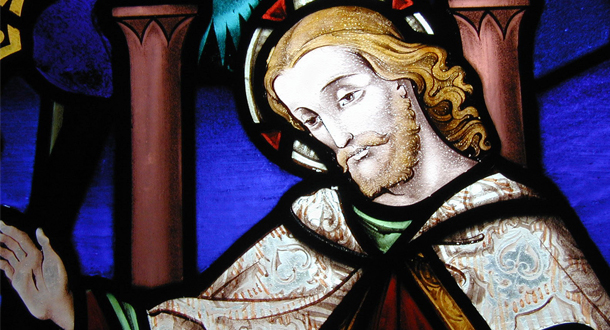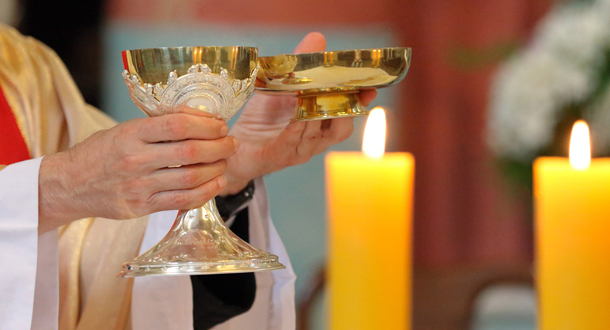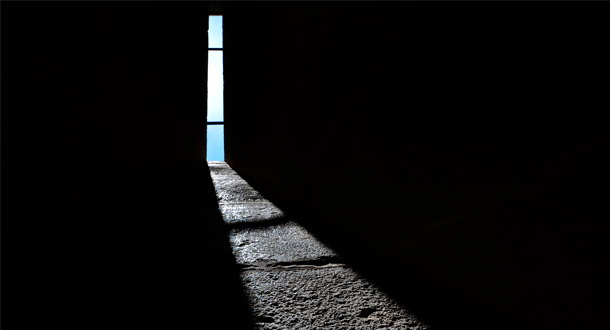
Scripture:
Ecclesiastes 3:1-11
Luke 9:18-22
Reflection:
Jesus was praying in solitude Luke 9:18. Through thousands of years of human history no one ever prayed like Jesus. The word for prayer means desire for God. What human and divine yearning for His Father was in the heart and mind of Jesus. Before Jesus picked his apostles, He spent the whole night in prayer.
We tend to think we are too busy and have too many more important things to do than to spend much time to pray. An important part of the Passionist charism is a deep prayer life. St Paul of the Cross would spend the whole night in prayer before he would preach in the morning liturgy. St Vincent, like Paul, was totally dedicated to mental prayer. Not to appreciate the craving for God in these Passionist saints is to totally miss their spirit. We can never realistically talk about Passionist spirituality without emphasizing the massive importance of time with God.
“As a man of great prayer, Paul of the Cross inculcated its importance most forcefully by word and example. He wished his followers to pray without ceasing and desired our communities to become real schools of prayer, leading to a deep experience of God.” Chapter 111 Constitutions
In Paul’s original idea of Passionist life he had hoped we could spend at least half of the year in solitude and contemplation. In his famous painting, the Angelus, Millet pictures a man and his wife stopping their word of harvesting potatoes to pray even though their sack, and basket are not yet filled. Prayer is more important than life itself. As a boy, I used to look at this painting in my grandmother’s house; now, I have the same picture some 75 years later in my office. It is faded and a little worse for wear, but a wonderful reminder of an age-old truth in our Catholic Church. Prayer is one of the most important tasks in our life. “Pray without ceasing.” 1 Th 5:17
Fr. Bob Weiss, C.P. preaches Parish Missions and is a member of the Passionist Community in Louisville, Kentucky.







